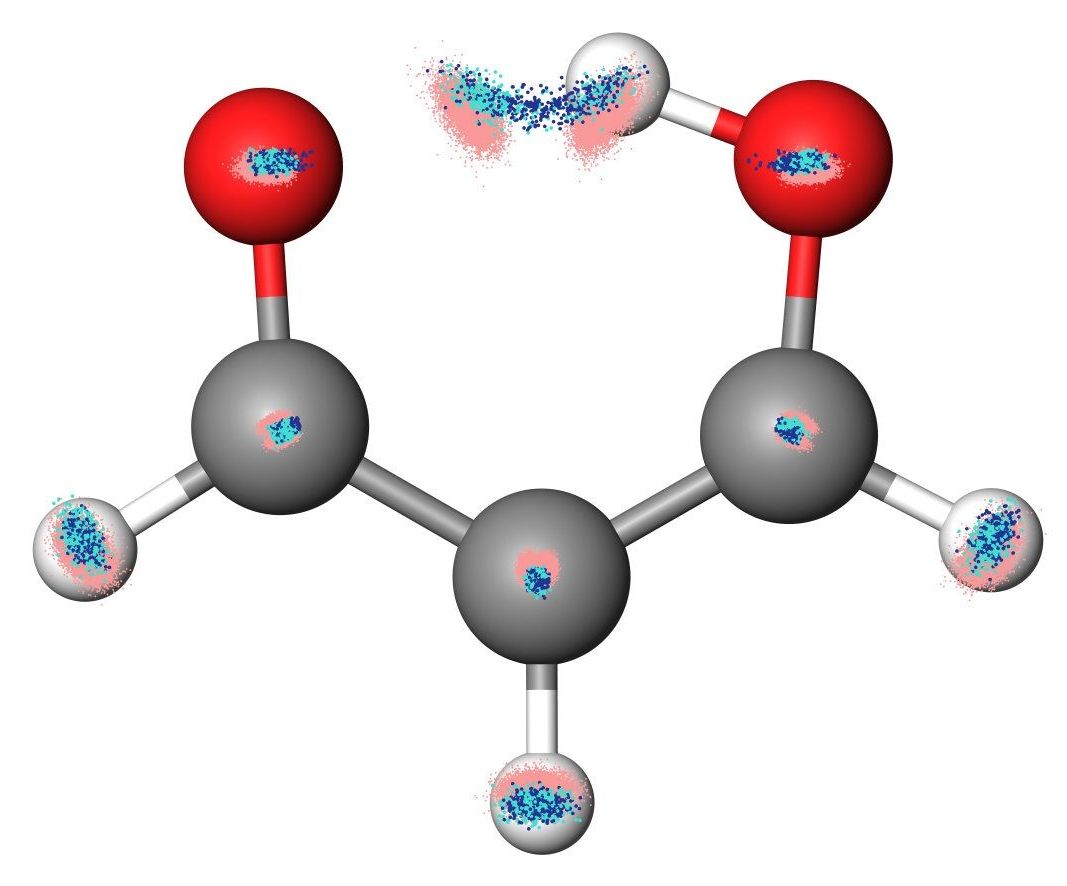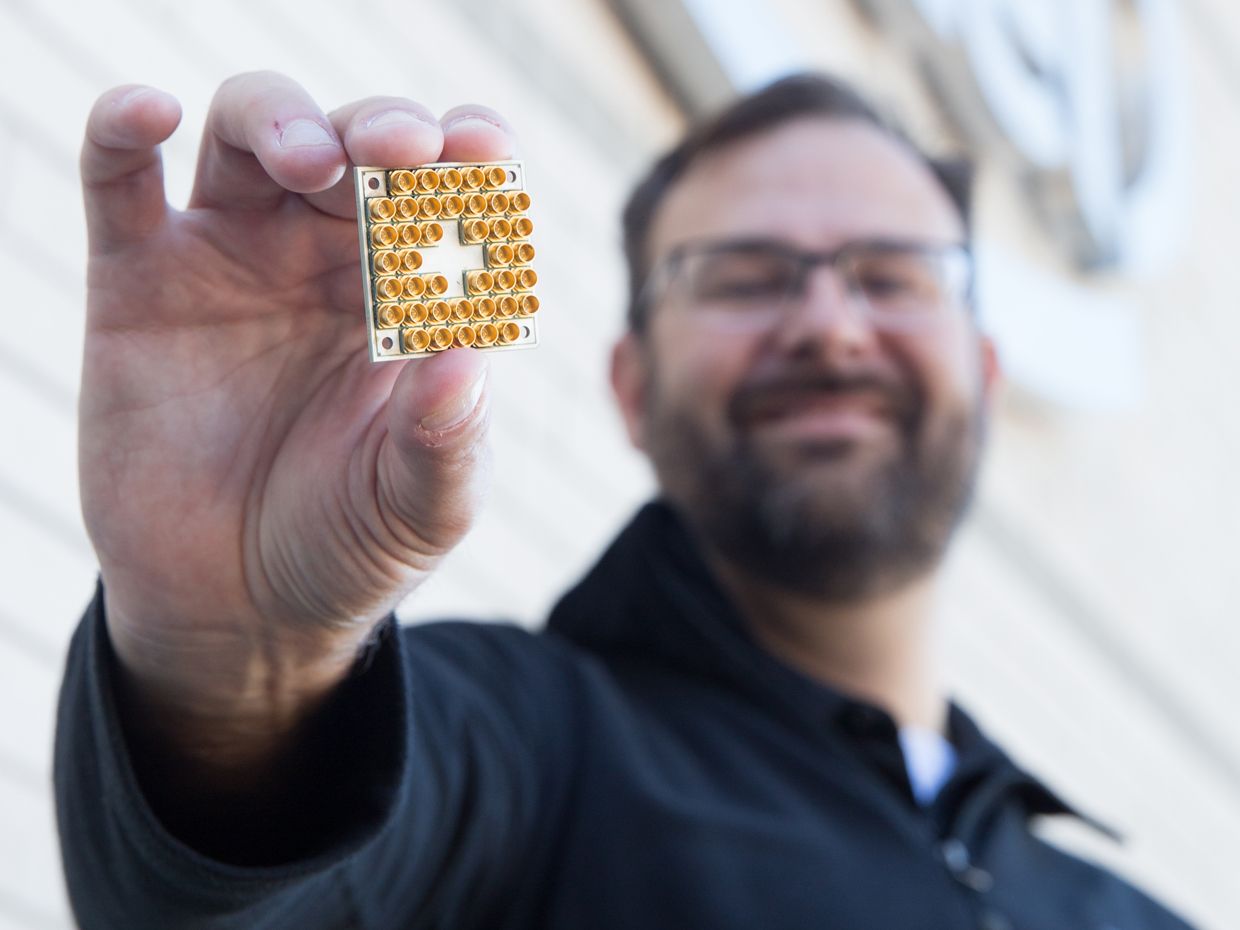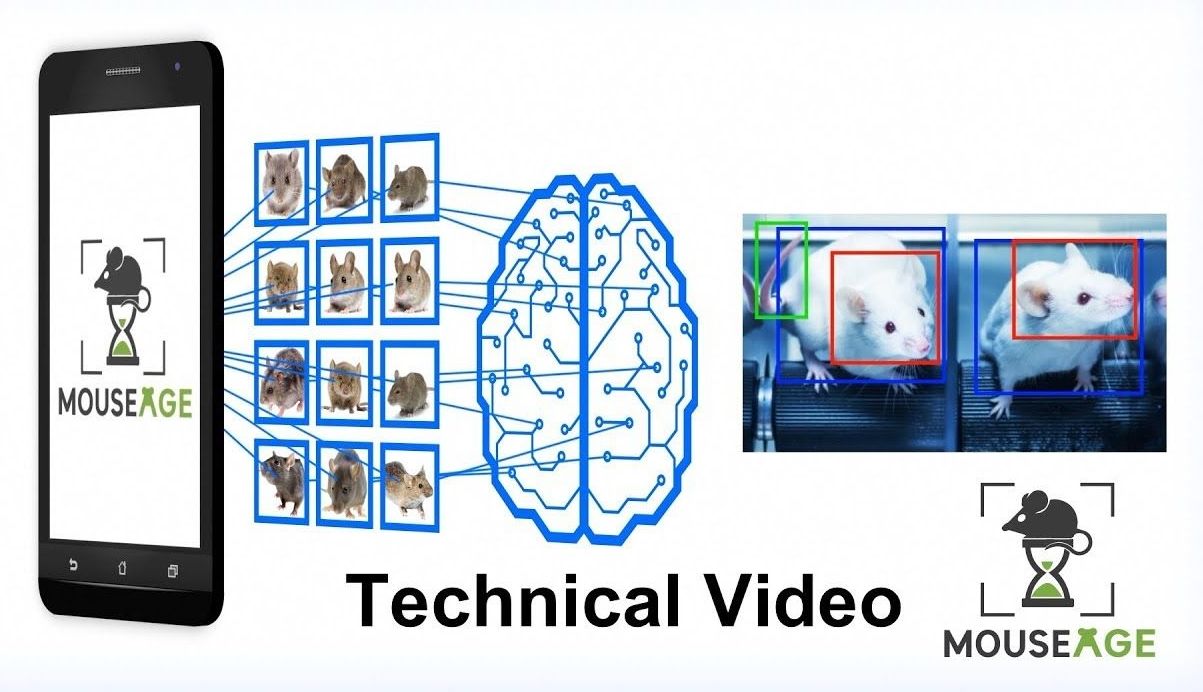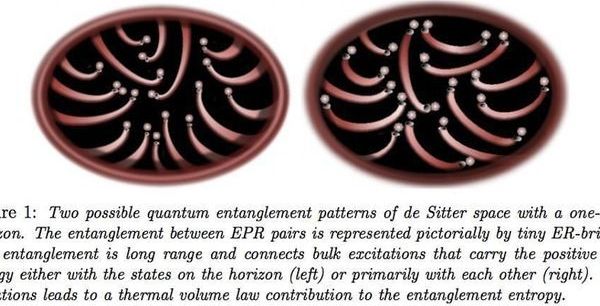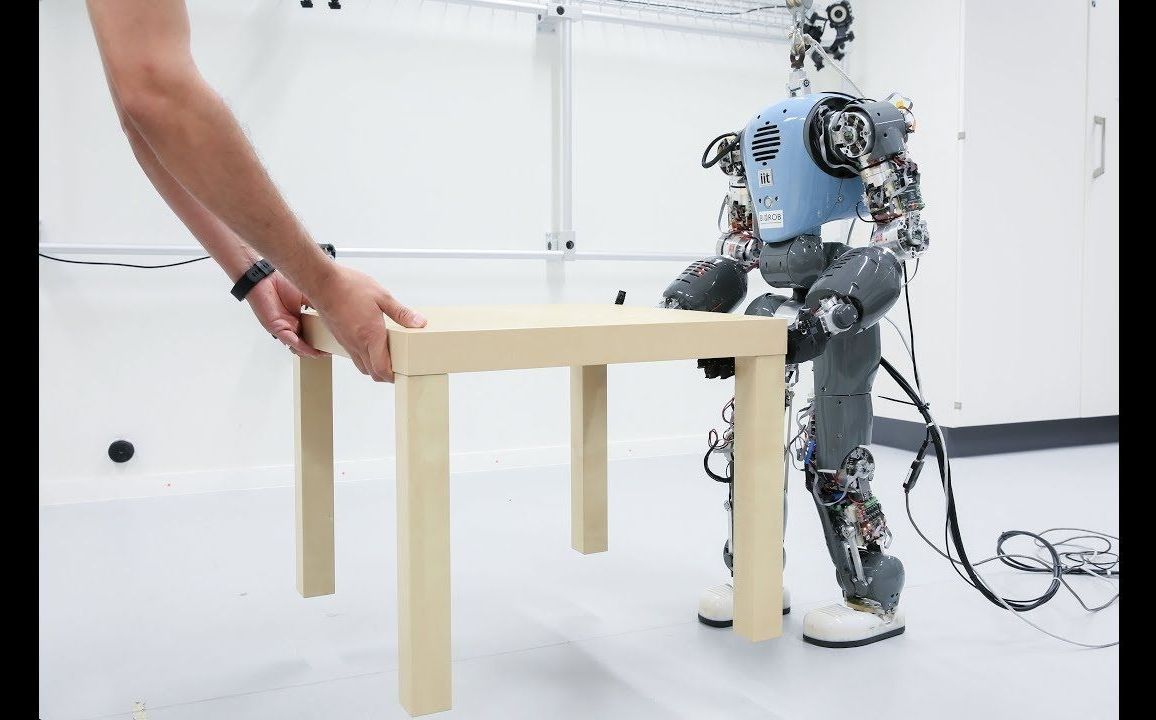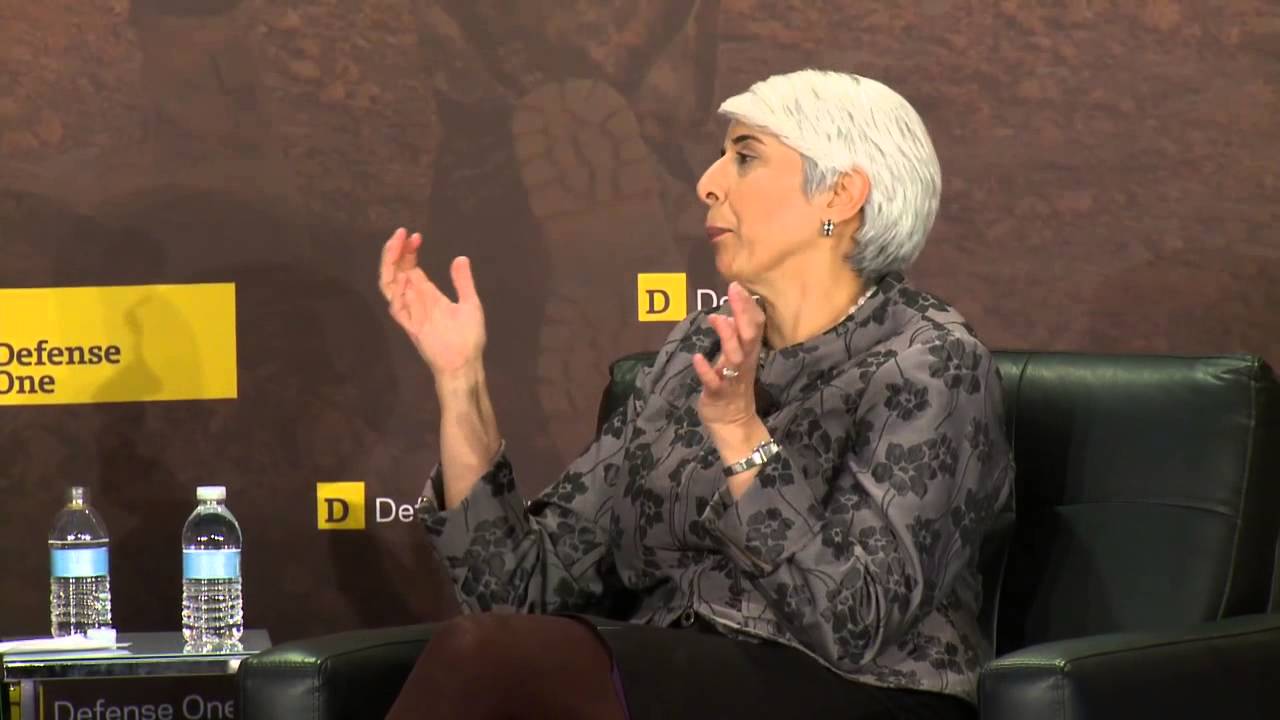Oct 12, 2017
Scientists develop machine-learning method to predict the behavior of molecules
Posted by Shailesh Prasad in categories: information science, robotics/AI, solar power, sustainability
An international, interdisciplinary research team of scientists has come up with a machine-learning method that predicts molecular behavior, a breakthrough that can aid in the development of pharmaceuticals and the design of new molecules that can be used to enhance the performance of emerging battery technologies, solar cells, and digital displays.
The work appears in the journal Nature Communications.
“By identifying patterns in molecular behavior, the learning algorithm or ‘machine’ we created builds a knowledge base about atomic interactions within a molecule and then draws on that information to predict new phenomena,” explains New York University’s Mark Tuckerman, a professor of chemistry and mathematics and one of the paper’s primary authors.
Continue reading “Scientists develop machine-learning method to predict the behavior of molecules” »
